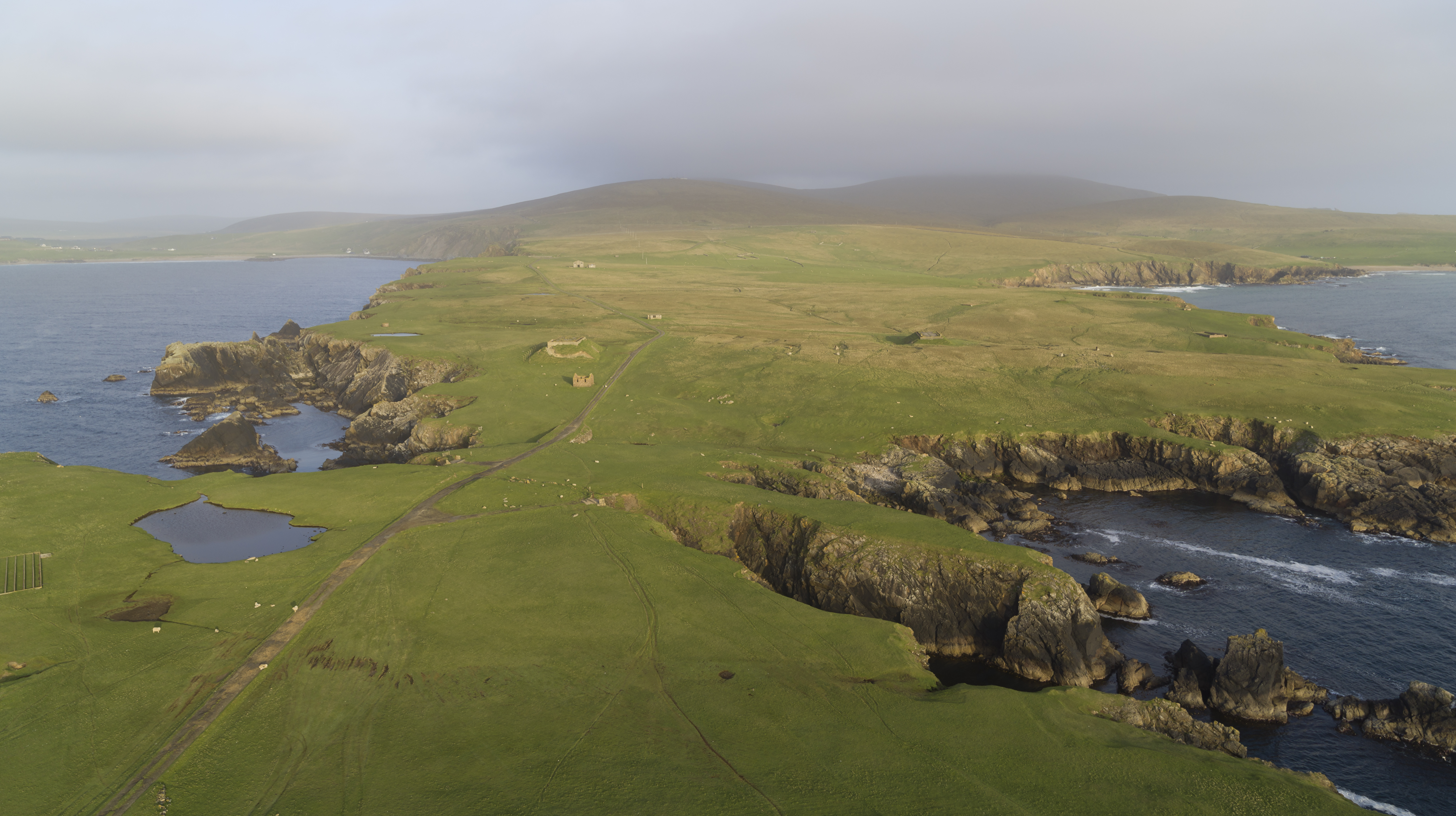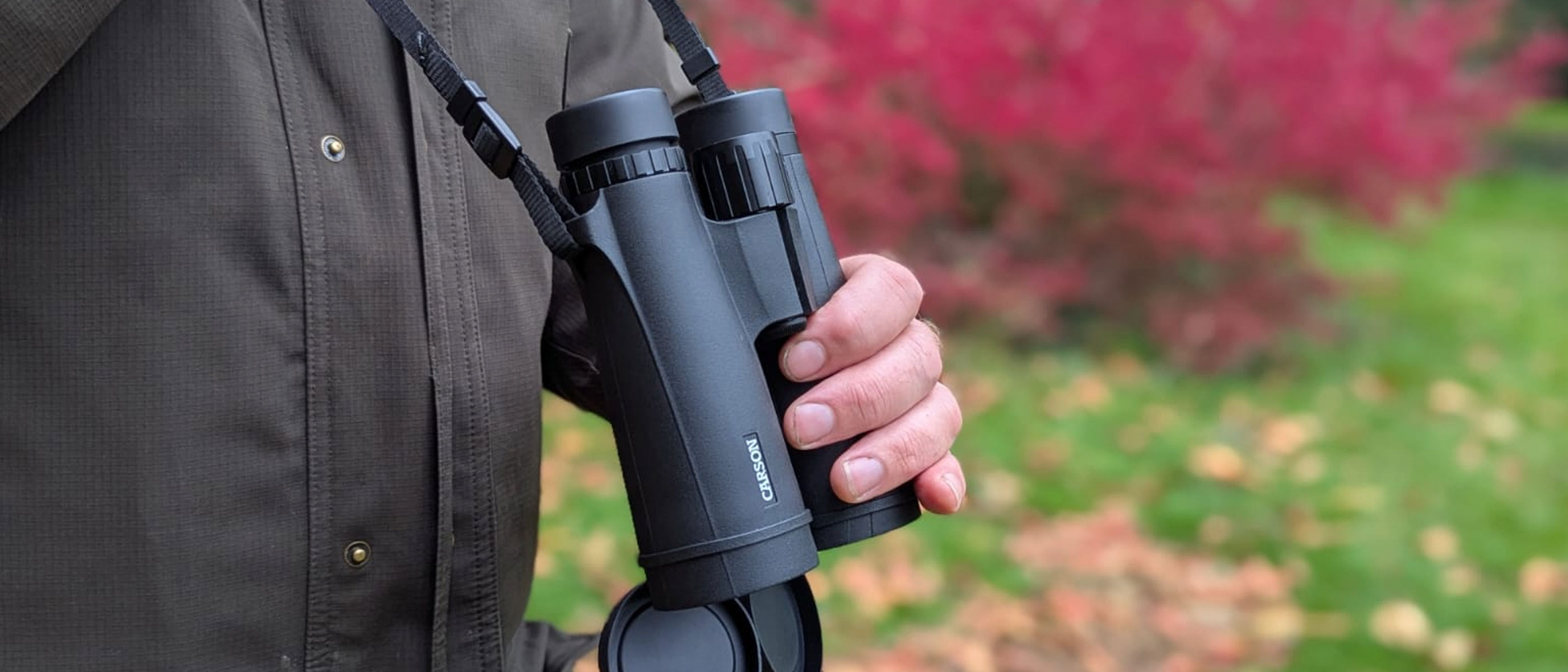Orbex raises $63 million to help fund 1st vertical rocket launch from UK
The company is in stiff competition to get its rocket off the ground in a crowded U.K. launch industry.

More money is pouring into the race to launch the first vertical rocket from the United Kingdom.
Scotland's Orbex received £40.4 million (roughly $63 million) in a Series C fundraising round as satellite launch activity accelerates rapidly in the region via companies like Virgin Orbit, Lockheed Martin and Astra.
Orbex CEO Chris Larmour stated Tuesday (Oct. 18) that his company has made "significant" strides in getting its environmentally friendly small-satellite launching rocket ready for action after the booster, called Prime, was unveiled to the public in May.
In photos: First look inside Orbex's Scotland rocket factory
Orbex has already notched numerous milestones including new customers, more manufacturing and "rapid development and testing" of Prime, Larmour said in the statement. "We're delighted to have closed this new funding round led by the Scottish National Investment Bank," he added.
Orbex has said it wants to get its Prime rocket off the ground later this year at Space Hub Sutherland, a new spaceport in northern Scotland that received planning permission in August 2020.
The 62-foot (19-meter) Prime is just one of a set of rockets competing for the small satellite business in the United Kingdom, however. The race to launch space rockets from the U.K. has attracted a clutch of companies seeking to prove not only business smarts, but environmental sensitivity as they launch in protected coastal areas or near heritage monuments.
Breaking space news, the latest updates on rocket launches, skywatching events and more!
Related: The UK really wants commercial spaceports. Will they see rockets fly in 2022?
A veteran Scottish rocket startup, Skyrora, plans orbital launches in 2023 from the Shetland Islands' SaxaVord Spaceport, using the 74-foot (22.7 meters) Skyrora XL. Skyrora has sent smaller rockets aloft before, but failed a debut vertical rocket launch to suborbital space earlier this month in Iceland with the 36-foot (11 m) Skylark L. Skyrora sent a shipping container to the Icelandic launch site with all the necessary rocket launch materials to make minimal mark on the coastal landscape, the company said at the time.
Lockheed Martin and its launch partner, ABL Space Systems, had hoped to launch into space from SaxaVord in 2022, but development and regulatory delays forced a slip into next year, according to SpaceNews. ABL has yet to perform a test launch of the RS1 rocket from Kodiak Island in Alaska, which was initially slated for early 2022.
ABL may be close to that test launch; the usually quiet company announced via Twitter in September that they are finalizing their launch window with the U.S. Federal Aviation Administration. Last week, ABL released footage of a test fire of their E2 engines for an expected RS1 flight in Mojave, California.
Even Astra, a company based in California, is eyeing SaxaVord with hopes to launch ahead of the competition. The company already sent rockets to space from Kodiak Island and from Cape Canaveral, Florida. SaxaVord would offer even more orbital options for existing clients and launches may happen there as soon as 2023, Astra has said.
Related: Spaceport construction set to begin on UK's northernmost island
Horizontal launch capability is also coming to the UK soon. Virgin Orbit, which aims to send satellites into space from a horizontal rocket flying aboard a modified 747 plane known as Cosmic Girl, is readying to launch within weeks from another startup spaceport in Cornwall, on the southernmost tip of British land.
A quieter competitor, Black Arrow Space Technologies, is working on horizontal rocket launches using a repurposed crude bulk carrier near the coast of Wales. It is aiming for a maiden launch in 2023 using a small rocket to launch into low Earth orbit, with plans to heft as much as 5.5 tons (5 metric tons) on a larger launcher sometime down the line.
Outside of the U.K. there are even more European companies racing for orbital business, such as Bavaria's Rocket Factory Augsburg and Munich's Isar Aerospace, both of which have 2023 launches on the roster. Examples of other European competitors include HyImpulse, which is a spinoff from the German Aerospace Center, and Spain's PLD Space for suborbital launches.
Follow Elizabeth Howell on Twitter @howellspace. Follow us on Twitter @Spacedotcom or Facebook.

Elizabeth Howell (she/her), Ph.D., was a staff writer in the spaceflight channel between 2022 and 2024 specializing in Canadian space news. She was contributing writer for Space.com for 10 years from 2012 to 2024. Elizabeth's reporting includes multiple exclusives with the White House, leading world coverage about a lost-and-found space tomato on the International Space Station, witnessing five human spaceflight launches on two continents, flying parabolic, working inside a spacesuit, and participating in a simulated Mars mission. Her latest book, "Why Am I Taller?" (ECW Press, 2022) is co-written with astronaut Dave Williams.


